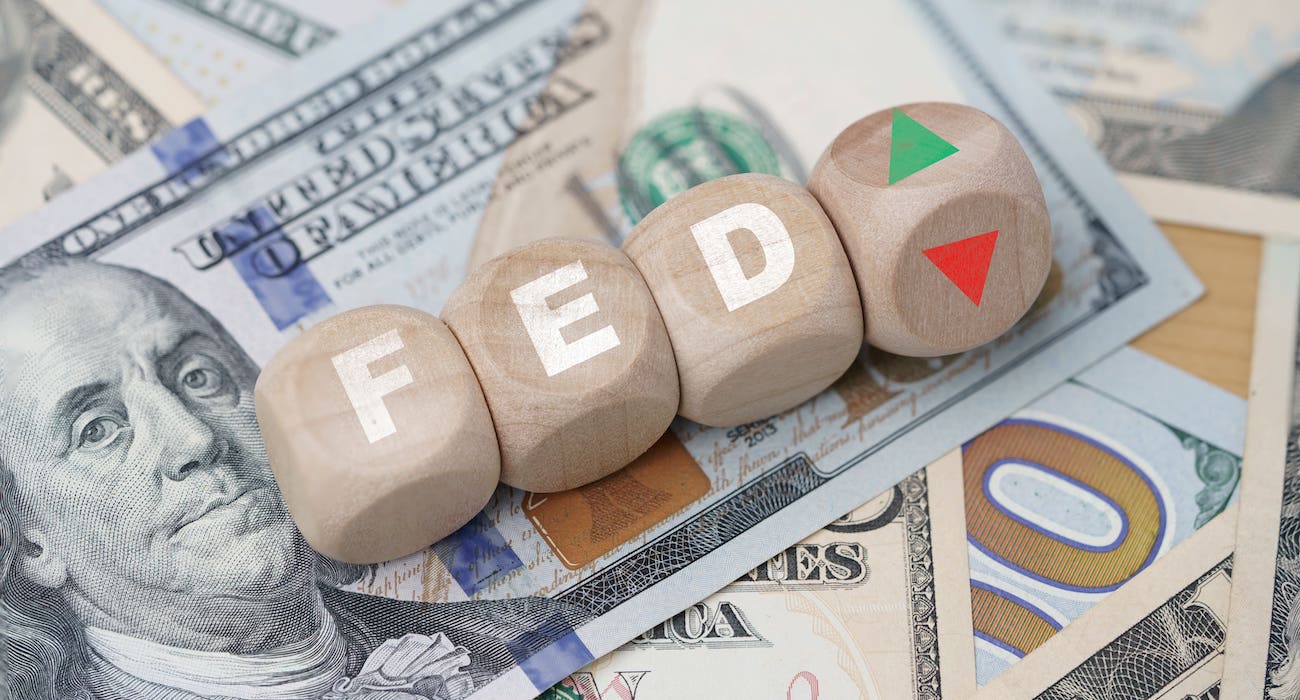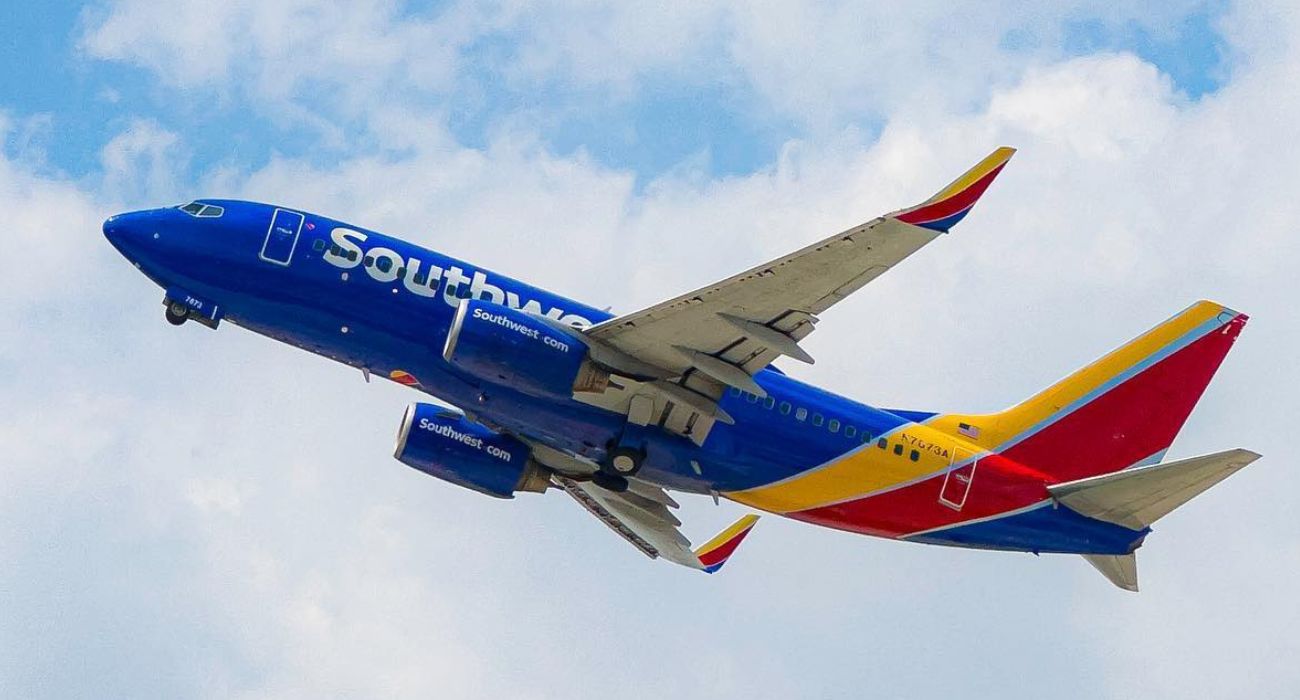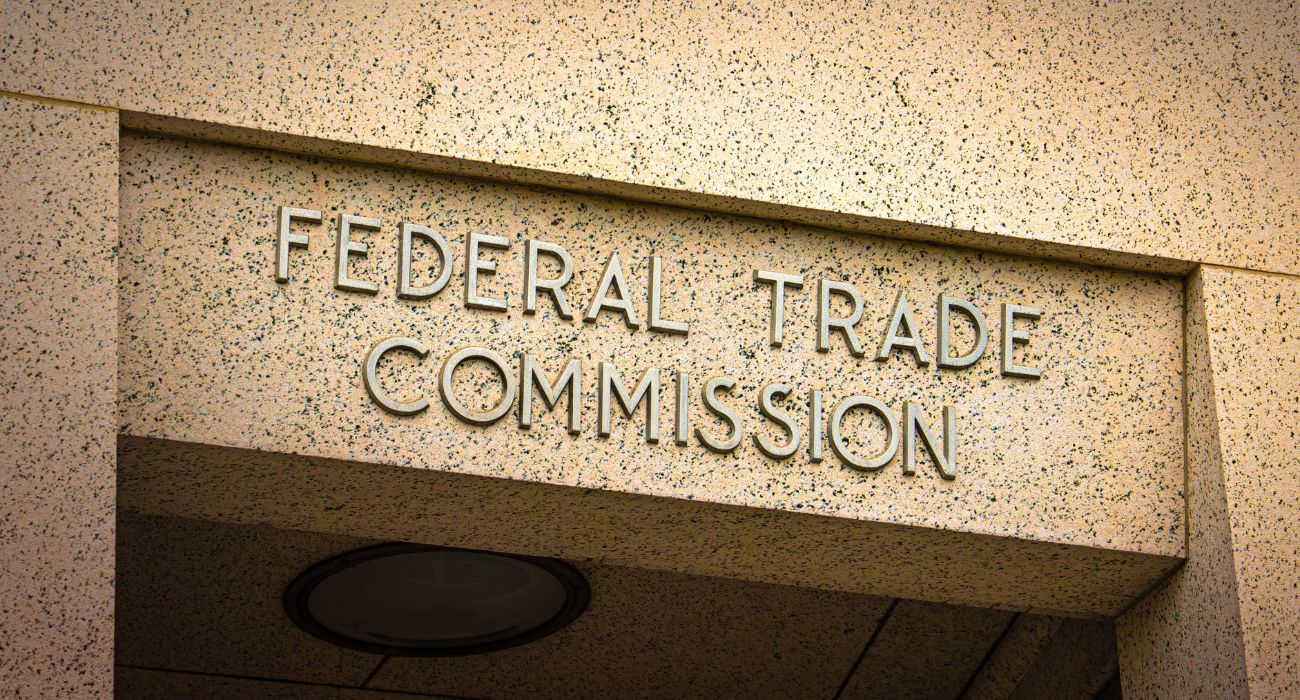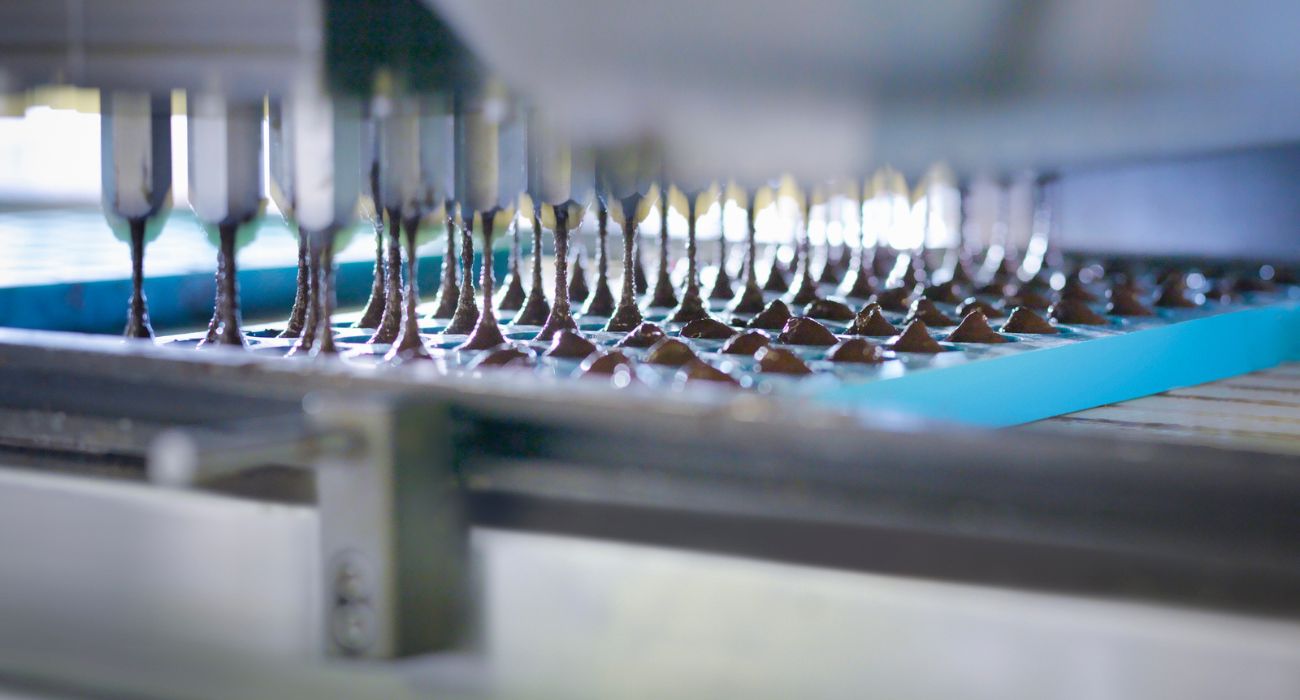Inflation in the United States appears to be cooling faster than the Federal Reserve had forecast, but that does not mean additional rate hikes are off the table just yet.
The Federal Reserve has been on a mission to combat inflation. While it is nearing its 2% target, an 11th rate increase at the next policy-setting meeting is likely, at least according to Robert Hulsey, CEO of American National Bank of Texas and a board member for the Fed Bank of Dallas.
Hulsey recently spoke with the Dallas Business Journal in his capacity as a private citizen and not on behalf of either institution.
“I think the economy is still too strong,” Hulsey told DBJ. “We don’t have fiscal and monetary policy working together, so that disparate action, I think, really creates an environment where I don’t expect interest rates to come down in [2023]. I just don’t see that at all.”
Policymakers will meet for their next Federal Open Market Committee meeting on July 25 and July 26 to decide whether to approve another 0.25% increase or hold rates steady for a second month.
The Fed’s latest Summary of Economic Projections, published in June, points to a median projected rate of 5.6% at the end of 2023. With a current benchmark rate of 5-5.25%, the Fed may still opt for two more rate hikes before 2024.
Fed members explained in June that by holding the target rate steady, the committee could better “assess additional information and its implications for monetary policy.”
As of July 20, Fed Funds futures pricing forecast a 99.8% probability of a 25 basis point increase at the upcoming meeting and a 0.2% chance of a rate pause, according to CME’s FedWatch Tool.
The prediction is shared by more than 100 economists polled by Reuters.
“Continued improvement out of the June 2023 CPI inflation report is a solid step in the right direction,” PNC Senior Economist Kurt Rankin told The Dallas Express in an email.
Nevertheless, “PNC’s call for inflation remains grounded in the damage that has and continues to accumulate over the past two years, overshadowing the ongoing stabilization at weaker overall levels that is currently taking shape for consumers,” Rankin said.
Like Rankin, Hulsey has been somewhat critical of the Fed’s response to inflation. Although he admitted the Fed had a tough job to do, he also noted policymakers’ delayed response to the problem and their presumption that inflation would be “transitory” due to the supply-chain hiccups, labor shortages, and pandemic-related problems.
“I think there was some strong sense that it would have been better to raise interest rates a little earlier than where we went into it,” Hulsey told DBJ.
In the end, Hulsey said he believes that if interest rates are too high when economic stimulus filters its way through the economy, there will be an economic slowdown. If not, he said the United States stands a greater chance of a so-called “soft landing.”






